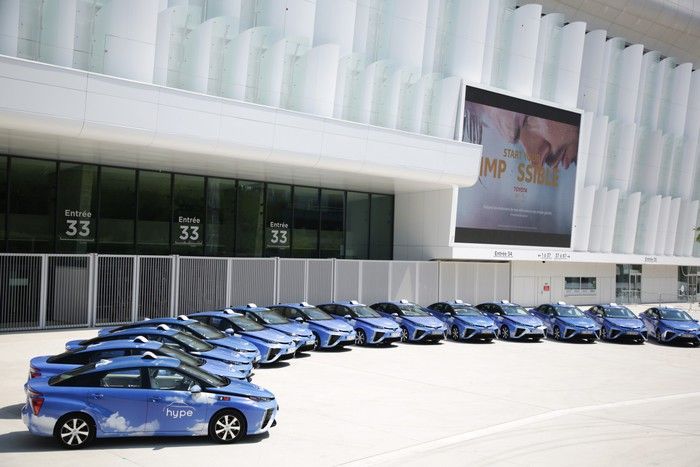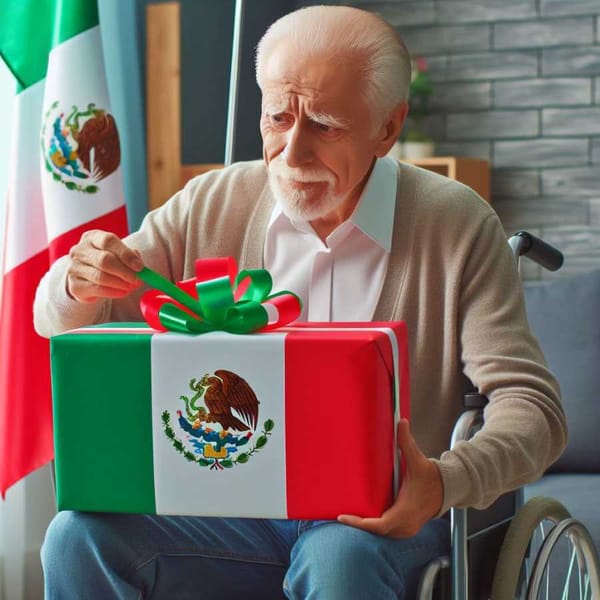The first and largest fleet of hydrogen taxis in the world emerges
Without a doubt, fuel cell electric cars (FCEVs) - better known as hydrogen vehicles - will play a crucial role in the future of clean mobility, among other solutions.

To address the pollution and traffic problems in Paris, Mathieu Gardies decided to launch an electric taxi company in 2009, but by 2015 he had failed, so he decided to go for hydrogen-powered cars and founded Hype, the first 100 percent hydrogen taxi fleet.
There is a global consensus on the need to decarbonize the transport sector, but the real debate is whether this challenge will be met. Without a doubt, fuel cell electric cars (FCEVs) - better known as hydrogen vehicles - will play a crucial role in the future of clean mobility, among other solutions.
Battery electric units are not a good solution for taxis in Paris, but hydrogen cars eliminate the need to stop the vehicle, so it is easier to tell a driver to go with hydrogen because it will not change the way he or she works.
Hydrogen vehicles have a big advantage over battery-powered vehicles: they can be charged in three to five minutes and have a longer range (up to 500 kilometers), features that make hydrogen a perfect solution for taxis.
But the hydrogen option also has its disadvantages, which explain its lack of success: there are barely 11,000 cars on the world's roads running on this fuel.
Another disadvantage is its high price. Hyundai, Toyota, and Honda are the main manufacturers of FCEVs and most of their models are more expensive than internal combustion engines, while hydrogen prices at the stations are currently equivalent to those of gasoline.
Hype minimizes this disadvantage by sharing the vehicles among several drivers, so thanks to its intensive use, the company generates benefits that allow it to absorb part of the additional costs. Most experts also believe that vehicle and hydrogen prices will fall as the industry develops.
Another issue that has slowed the adoption of FCEVs is that there are currently only 337 hydrogen stations in the world and drivers are still afraid to buy them because of the small number of stations, creating a vicious circle.
To address this problem, Mathieu created Hype in partnership with Air Liquide, the French hydrogen industry leader, so the fleet ensures sufficient demand for the company's four stations in and around Paris.
Four years after its creation, it has 110 taxis operating in Paris, making it the largest fleet in the world, and has announced that it will increase to 600 hydrogen vehicles by this year, thanks to a recent partnership with Toyota. Since 2015, Hype taxis have accumulated four million kilometers, avoiding approximately two tonnes of nitrogen oxides (NOx).




